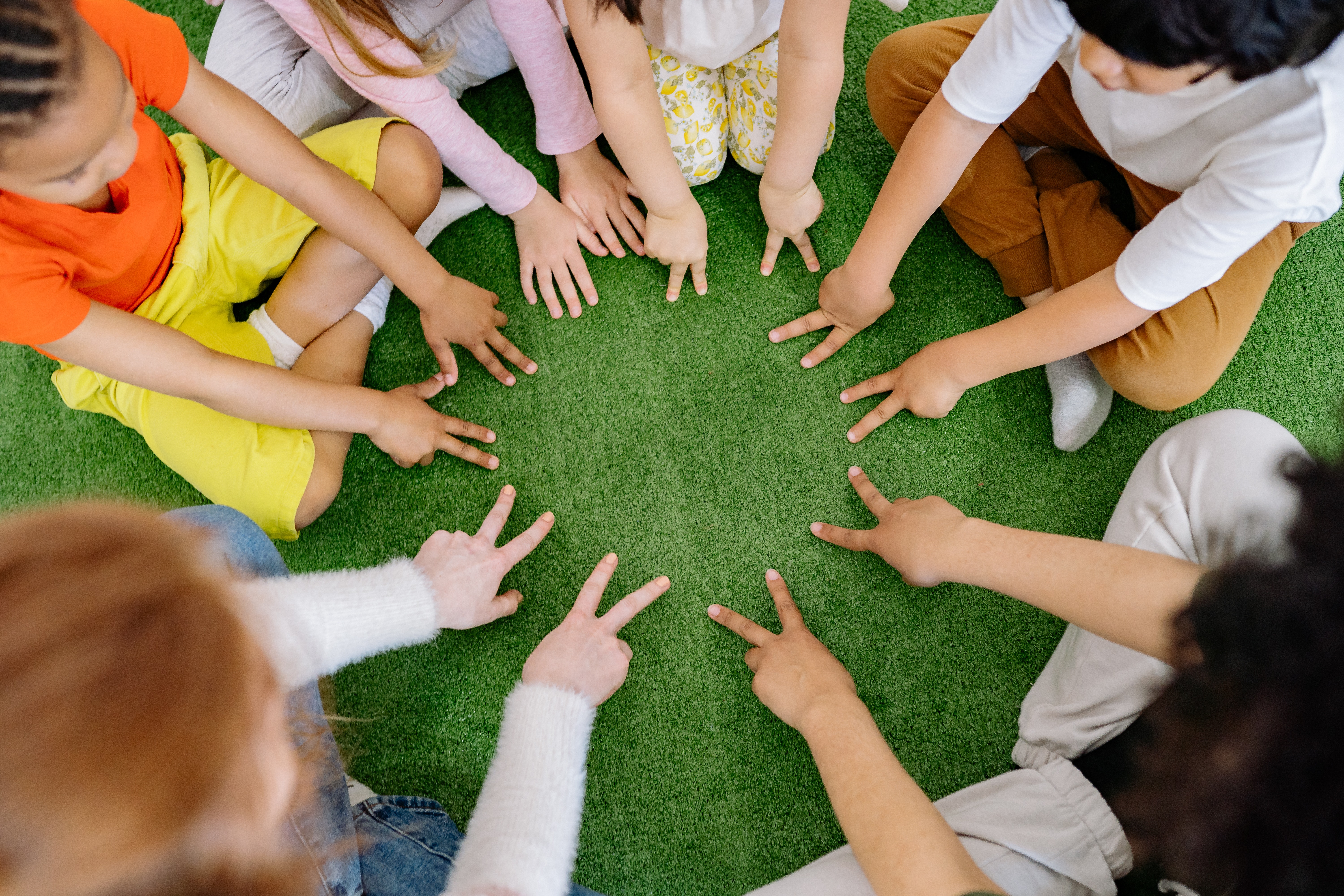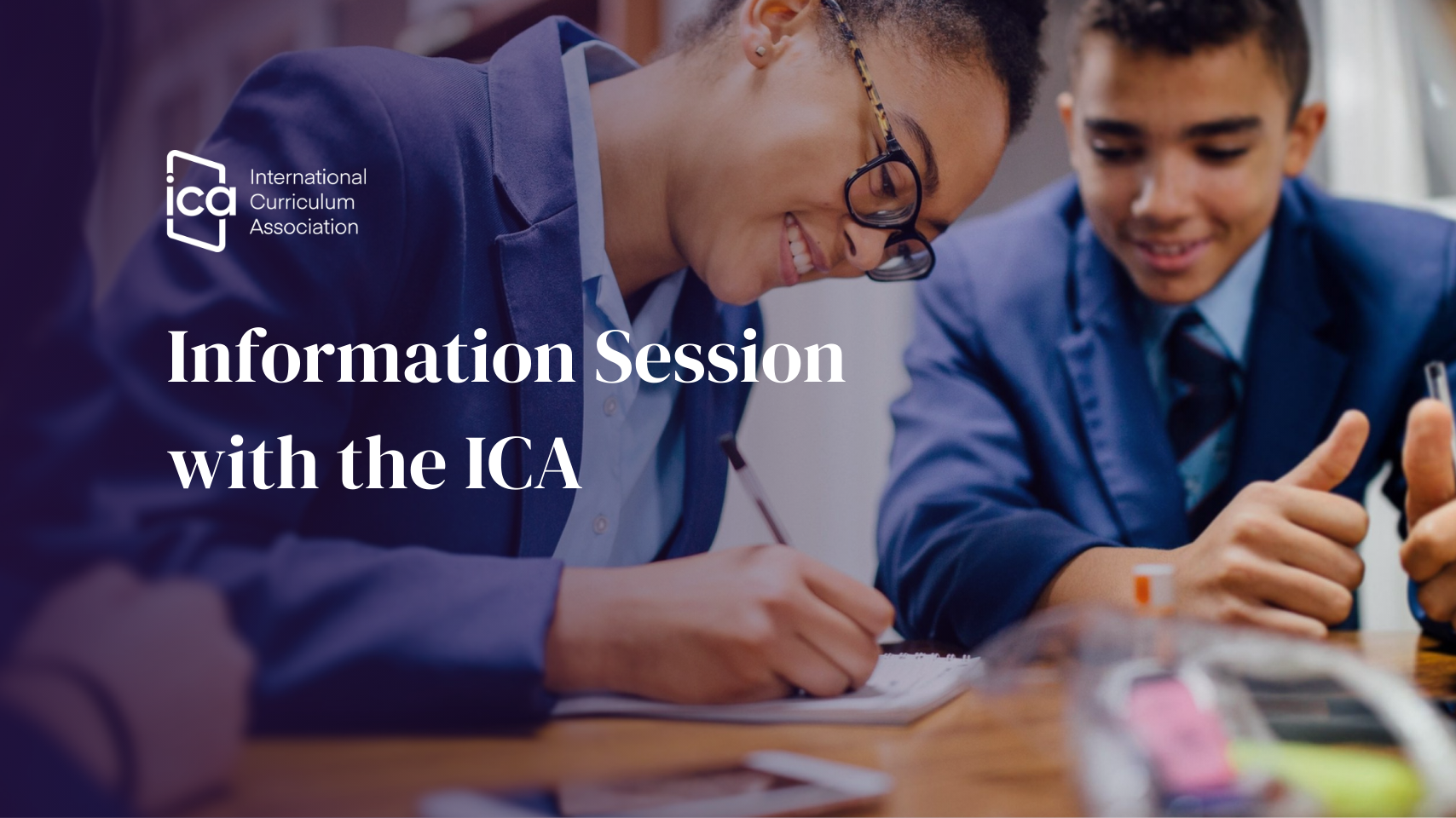With a world that is increasingly volatile, uncertain, complex, and ambiguous, we know that our learners will grow up facing challenging circumstances. To enable them to flourish and overcome, their dispositional qualities must be a key area of focus for teachers and school leaders. Whether consciously or not, personal learning cultivates within us a mindset to approaching challenges, and they strongly shape our attitudes and capabilities as thinkers and learners.
As the International Primary Curriculum is used in over 90 countries, developing a common understanding of what the Personal Learning Goals look, sound, and feel like has been a key driver in our ongoing development of the curriculum. We have developed a matrix of indicators that describe each Personal Goal in relation to increasing maturity and breadth of experience. These provide learners and teachers with detailed illustrations of what is expected from each Personal Learning Goal.
Personal learning cannot be confined to curriculum specific activities or moments on the timetable. To be successful this learning needs to pervade across all aspects of the curriculum and the school community. Opportunities for learning about these attitudes and the behaviours that result from them should be capitalised on, as they provide models and exemplars that help children to develop their understanding of what is expected of them when they are learning to be adaptable, thinkers, respectful, empathetic, communicators, collaborators, ethical or resilient.
Learning about these qualities should be embedded in planned experiences. For instance, when learning about figures from the past, children could explore which ideals the person demonstrated and the challenges they also faced.
Children should understand that for most of us, constantly exhibiting these high standards is not realistic. Learning from our shortcomings through reflecting on what prevented us from making the best choice is essential for the ‘learning to be’ aspect and will contribute to our own self-awareness and personal development.
Unplanned opportunities to learn about these dispositions will occur regularly. This could be through current affairs or local and global events. Children may raise questions about who is and is not demonstrating the Personal Goals in the world beyond their classroom. For example, who at Cop 26 showed empathy, respect, or resilience to help improve our world?
‘Learning to be’ focuses on children practising and taking ownership of the Personal Learning Goals by aiming to be a communicator, resilient, ethical etc., both in the classroom and beyond. Personal learning is not confined to a specific time, place or subject. All 8 IPC Personal Learning Goals are applicable within all aspects of the curriculum, school, and life experience.
Whatever your vision for the people you are trying to develop, a description of what you are aiming for, and a plan for how you set about achieving this, are essential. It needs to be inclusive of all learners and all adults in the learning community.


.jpeg)
